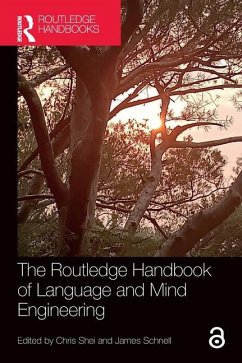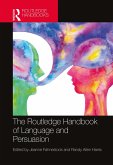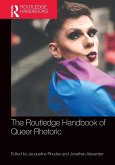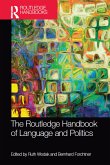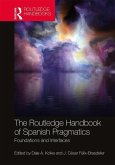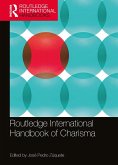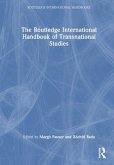The Routledge Handbook of Language and Mind Engineering is a comprehensive work that delves into the complex interplay between language, culture, politics, and media in shaping the human mind.
The book is divided into five main sections, each exploring different aspects of mind engineering: I. Political Mind Engineering; II. Commercial Mind Engineering; III. Media, Culture, and Mind Engineering; IV. Linguistic and Semiotic Analysis of Mind Engineering; V. Mind Engineering in Educational Settings.
The book provides a multi-dimensional perspective on how language, media, culture, and politics intersect to shape individuals' thoughts and beliefs. It highlights the diverse methods and contexts in which mind engineering occurs, making it a valuable resource for scholars, researchers, and policymakers interested in understanding the complexities of contemporary discourse and manipulation of human thought.
The contents of this cutting-edge handbook will engage all undergraduate, postgraduate, PhD students and scholars, and researchers at all levels, in fields such as languages, linguistics, politics, communication studies, media studies, and psychology.
Chapter 15 of this book is freely available as a downloadable Open Access PDF at http://www.taylorfrancis.com under a Creative Commons Attribution (CC-BY) International license.
Chapter 17 of this book is freely available as a downloadable Open Access PDF at http://www.taylorfrancis.com under a Creative Commons Attribution Non Commercial No Derivatives (CC BY NC ND) 4.0 license.
Chapter 18 of this book is freely available as a downloadable Open Access PDF at http://www.taylorfrancis.com under a Creative Commons Attribution-Non Commercial-No Derivatives (CC-BY-NC-ND) 4.0 license.
The book is divided into five main sections, each exploring different aspects of mind engineering: I. Political Mind Engineering; II. Commercial Mind Engineering; III. Media, Culture, and Mind Engineering; IV. Linguistic and Semiotic Analysis of Mind Engineering; V. Mind Engineering in Educational Settings.
The book provides a multi-dimensional perspective on how language, media, culture, and politics intersect to shape individuals' thoughts and beliefs. It highlights the diverse methods and contexts in which mind engineering occurs, making it a valuable resource for scholars, researchers, and policymakers interested in understanding the complexities of contemporary discourse and manipulation of human thought.
The contents of this cutting-edge handbook will engage all undergraduate, postgraduate, PhD students and scholars, and researchers at all levels, in fields such as languages, linguistics, politics, communication studies, media studies, and psychology.
Chapter 15 of this book is freely available as a downloadable Open Access PDF at http://www.taylorfrancis.com under a Creative Commons Attribution (CC-BY) International license.
Chapter 17 of this book is freely available as a downloadable Open Access PDF at http://www.taylorfrancis.com under a Creative Commons Attribution Non Commercial No Derivatives (CC BY NC ND) 4.0 license.
Chapter 18 of this book is freely available as a downloadable Open Access PDF at http://www.taylorfrancis.com under a Creative Commons Attribution-Non Commercial-No Derivatives (CC-BY-NC-ND) 4.0 license.

